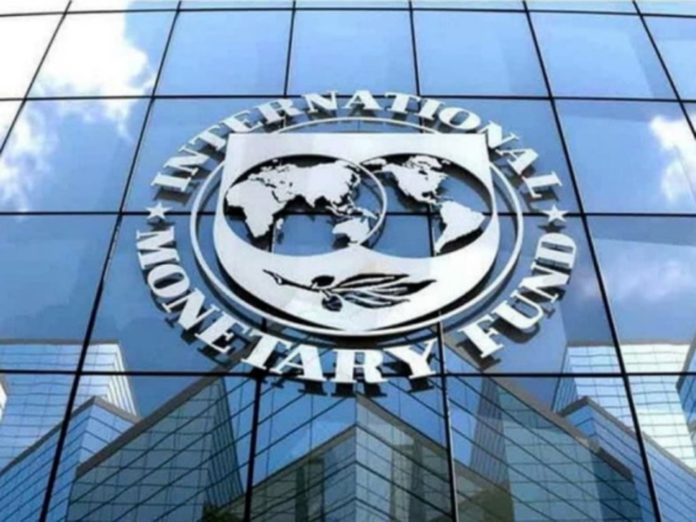The International Monetary Fund (IMF) has completed the third review of Ghana’s $3 billion Extended Credit Facility (ECF) programme, highlighting significant risks that could derail the country’s economic recovery despite recent progress.
While Ghana’s performance under the programme was deemed “generally satisfactory,” the IMF in a press release cautioned that multiple vulnerabilities persist.
Key risks identified:
1. Election-driven policy slippages: With the December 2024 general elections approaching, the IMF warned of potential fiscal slippages, citing Ghana’s history of election-related overspending. “Steadfast program implementation remains essential to fully and durably restore macroeconomic stability and debt sustainability,” the IMF stressed.
2. Energy sector challenges: The IMF flagged the deepening fiscal risks posed by inefficiencies in the energy sector, including accumulated arrears, reliance on expensive fuel imports, and weak governance at the Electricity Company of Ghana (ECG). These issues could undermine efforts to reduce the energy sector shortfall, which is projected to reach 2.2% of GDP this year.
3. Debt sustainability concerns: While progress has been made on restructuring public debt, the IMF noted that Ghana remains at high risk of debt distress in the short term. The completion of external debt restructuring is critical to achieving sustainability targets by 2028.
4. Inflationary pressures: Although inflation has declined, risks remain elevated due to currency depreciation and recent dry spells impacting agricultural output. The IMF revised its year-end inflation projection to 18%, up from earlier estimates.
5. External vulnerabilities: Ghana’s economy faces risks from global shocks, including commodity price volatility, conflicts in Ukraine and the Middle East, and regional instability. These factors could disrupt trade and increase imported inflation.
6. Structural weaknesses: Delays in addressing longstanding challenges in the cocoa sector, implementing energy sector reforms, and recapitalizing financial institutions could further complicate fiscal and economic management.
Call for vigilance and policy continuity
The IMF urged Ghana’s authorities to stay the course of macroeconomic reforms and maintain fiscal discipline before and after the elections. “Risks to program implementation remain high ahead of the general elections,” the report noted, underscoring the need for strong commitments from all stakeholders.
To mitigate these risks, the IMF recommended:
– Enhanced Revenue Mobilization: Strengthening tax compliance and reducing exemptions to ensure steady fiscal consolidation.
– Prudent Monetary Policies: Maintaining a tight monetary policy stance to stabilize inflation and rebuild international reserves.
– Debt Transparency: Accelerating the restructuring of external debt and ensuring timely implementation of bilateral agreements.
The IMF also emphasized that addressing vulnerabilities in the energy and cocoa sectors is critical to achieving fiscal sustainability and fostering inclusive growth.

